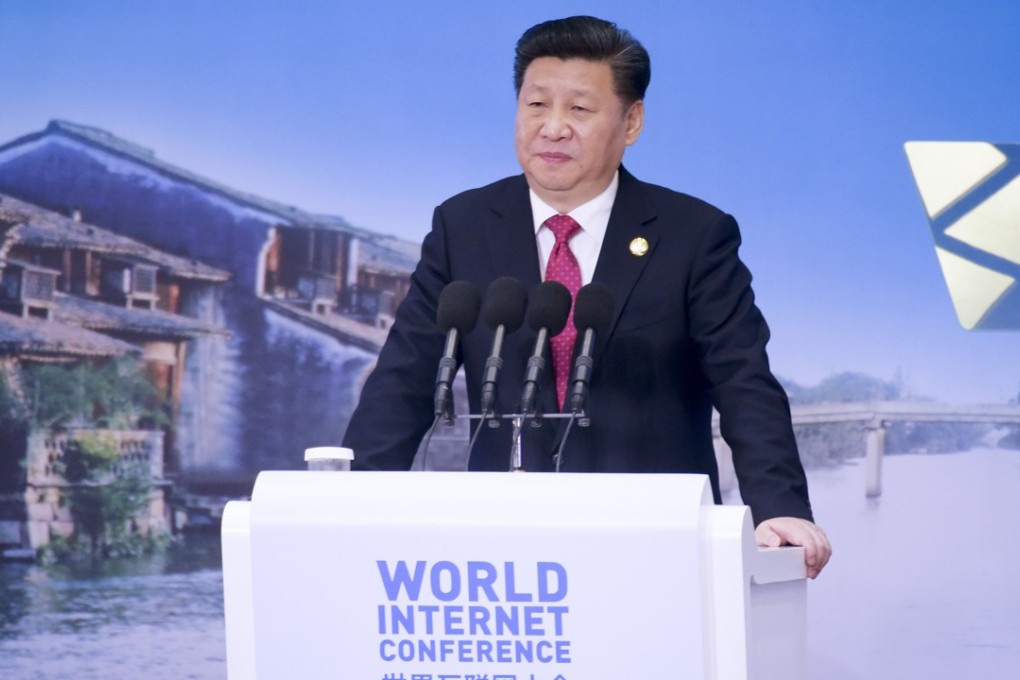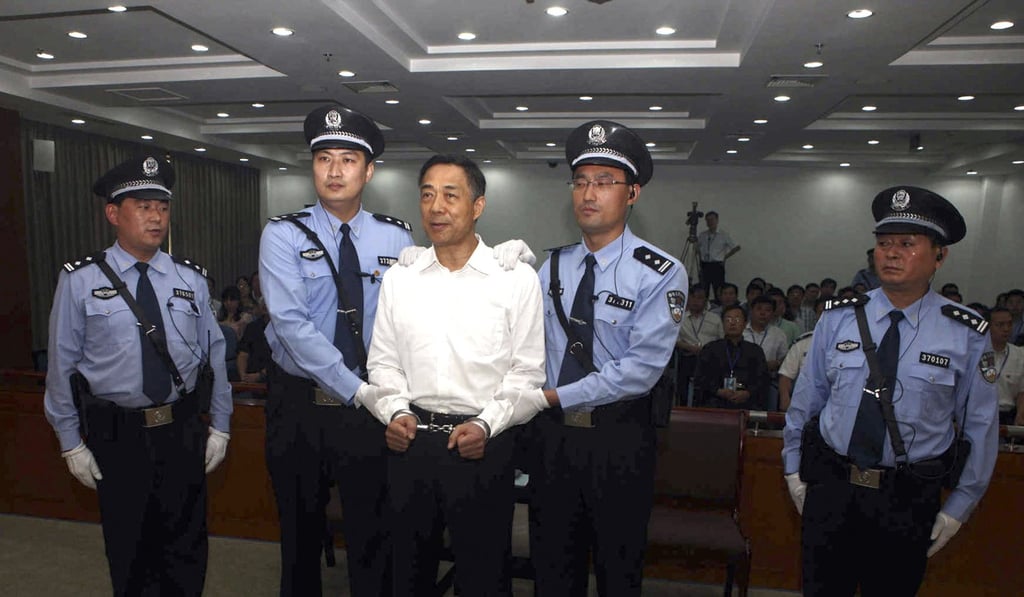Quick Take | On internet censorship, China can tell the US: told you so
They’re coming from different angles, but American leaders are beginning to sound a lot like China’s when warning of the dangers of an untamed, unregulated internet

Maybe China’s authoritarian leaders were on to something after all.
In 2011 and 2012, the Chinese government began imposing a series of tough new restrictions designed to rein in what was then the country’s most popular and freewheeling social media platform, Sina Weibo.
It began with new rules making all weibo (microblogging) account users register with their real names and identity numbers, aiming to end one of microblogging’s most popular features – its anonymity. It made internet companies liable for content spread on its platforms. Individuals and groups were prohibited from using the internet to spread rumours, disrupt social stability, subvert state power or to organise or incite illegal gatherings. Scores of websites were shut, weibo accounts closed and microbloggers jailed.
China’s jittery, control-oriented rulers were reacting to a series of unrelated major events during that chaotic period that seemed to catch them uncharacteristically off guard.


